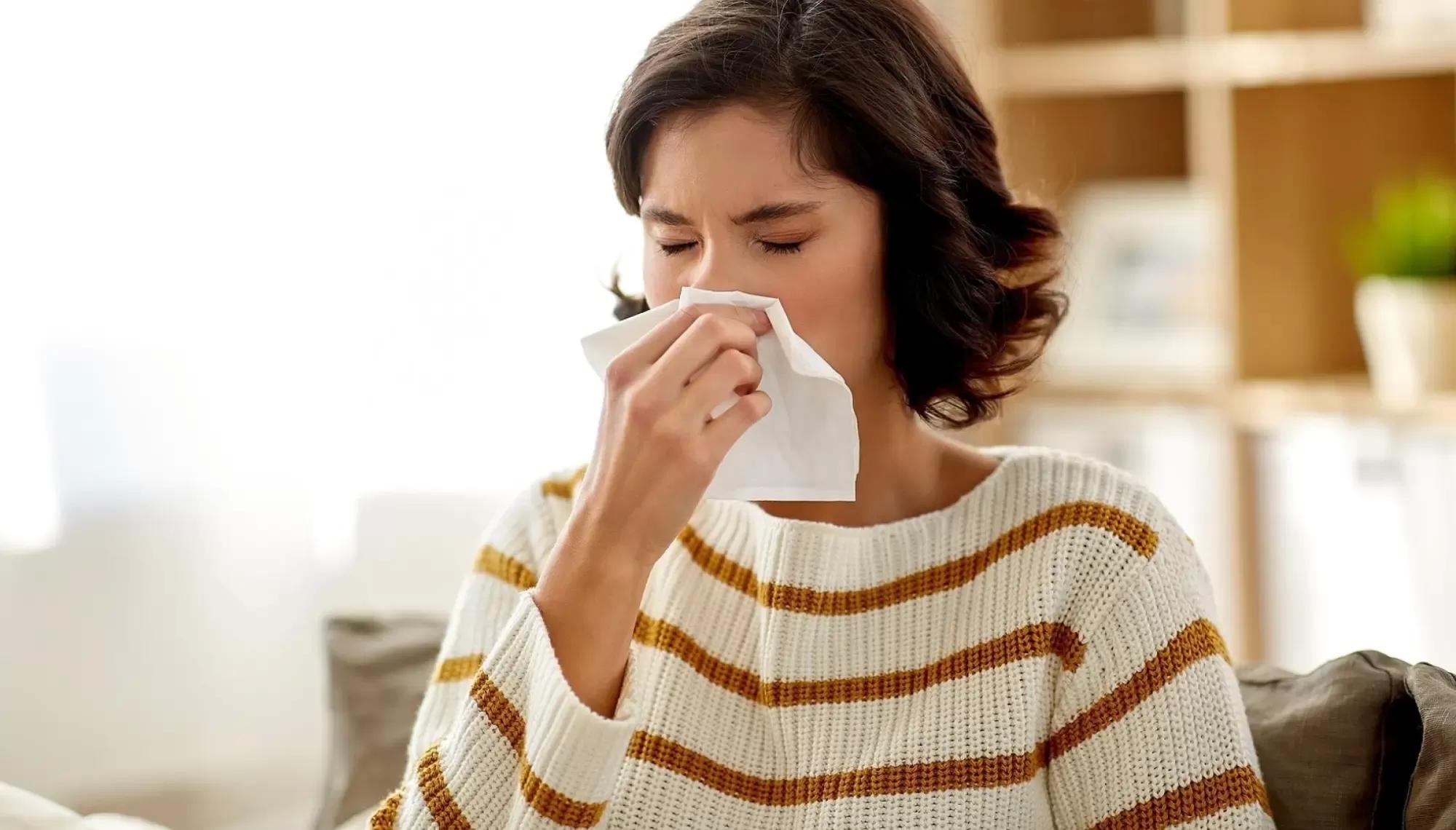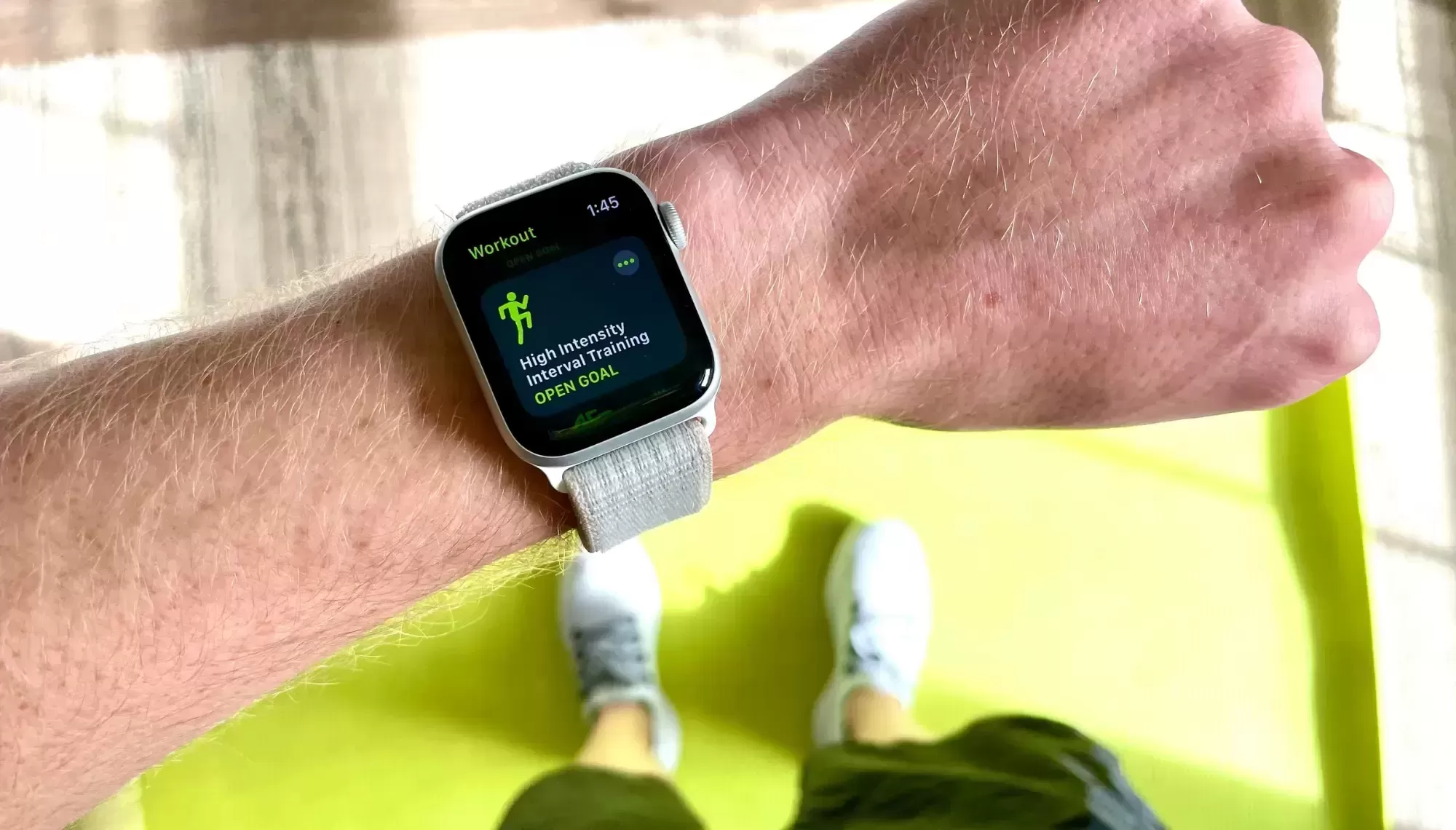With allergy season in full swing around the country, many people are asking themselves, “Do I have coronavirus? Could it be the flu? A common cold? Just seasonal allergies?” It’s a fair question in this time of heightened anxiety (and occasional paranoia) about our health.
While there is some overlap in symptoms between the four conditions, narrowing down what symptoms you’re experiencing can help you determine what is going on and curb those fears about your health. Of course, if you’re still unsure after reading this article, you can always call or email your physician to set up a time to chat about your symptoms.
For your convenience, this chart compares symptoms between COVID-19, flu, common cold, and allergies:
SYMPTOMS CHART
| Symptoms | COVID-19 | Flu | Cold | Allergies |
|---|---|---|---|---|
| Aches and pains | Common | Common | Sometimes | No |
| Chills | Common | Common | Sometimes | No |
| Cough | Common | Common | Common | Sometimes |
| Diarrhea | Rare | Sometimes | Sometimes | No |
| Fatigue | Common | Common | Sometimes | No |
| Fever | Common | Common | Common | No |
| Headache | Sometimes | Common | Sometimes | Common |
| Runny nose | Rare | Rare | Common | Common |
| Shortness of breath | Common | Sometimes | No | No |
| Sneezing | Rare | Rare | Common | Common |
| Sore throat | Sometimes | Sometimes | Common | Common |
| Stuffy nose | Sometimes | Rare | Common | Common |
| Sudden loss of smell or taste | Common | Rare | Rare | Rare |
| Vomiting | Rare | Sometimes | Sometimes | No |
COVID-19 Symptoms
The most common symptoms of COVID-19 are fever/chills, generalized fatigue, aches & pains, a sudden loss of taste or smell, cough, and shortness of breath. A sudden loss of taste or smell is uncommon with the flu, cold, or allergies, so it’s one of the best indicators that you might have COVID-19. Shortness of breath is the most dangerous symptom. If you are having trouble breathing, you should seek immediate medical attention and/or call 911.
Other, less common symptoms of the coronavirus are stuffy/runny nose, itchy/watery eyes, and sore throat. Diarrhea, nausea and vomiting are rare symptoms but can be experienced by some people.
The CDC reports that the incubation period (the time between when you acquire the infection and first start experiencing symptoms) of COVID-19 can vary greatly between 2-14 days. According to a study in the Annals of Internal Medicine, the median incubation period is 5 days. This means that after being exposed to the virus, it could take up to 14 days for symptoms to appear! Most commonly, however, you can expect symptoms to appear just 5 days after exposure, if you have indeed acquired the infection.
Due to the long incubation period and the fact that many cases of COVID-19 are completely asymptomatic, you could have no idea that you, or others, are “silently” carrying the virus. Thus, it is always important to practice social distancing. But, when leaving the house is necessary, try to keep your mouth and nose covered by wearing a mask, limit close contact with others (keep a distance of 6 feet apart), avoid touching your face as much as possible, and wash your hands frequently.
Flu Symptoms
The flu, or influenza, is also caused by a virus and is transmitted much like COVID-19 through droplets spread by coughing, sneezing, talking, or touching an infected surface. The most common symptoms of the flu are fever/chills, fatigue, aches and pains, headaches, and coughing. Sometimes other symptoms like sore throat, shortness of breath, diarrhea, or vomiting may be present. Symptoms like sneezing, stuffy or runny nose, or loss of taste and smell are rare, but occasionally present as symptoms of the flu.
It typically takes 1-4 days for symptoms to appear after exposure. The flu is generally contagious from 1 day prior to the onset of symptoms until 5-7 days after symptoms appear.
Cold Symptoms
Colds are also caused by viruses. There are over 200 viruses that can cause the common cold, but rhinoviruses are the most common cause. The most common cold symptoms are runny or stuffy nose, sneezing, sore throat, fever/chills, and coughing. Sometimes, colds may come with additional symptoms like fatigue, headaches, diarrhea, or vomiting. Very rarely, people suffering colds will experience sudden loss of smell or taste, or shortness of breath.
Colds have a short incubation period of 8 -72 hours, but in some cases, symptoms can begin in as little as 10-12 hours after exposure.
Allergy Symptoms
For the purposes of this article, “allergies” refers to seasonal allergies, commonly referred to as hay fever, and is caused by your body’s reaction to pollen in the air, not an infection. Seasonal allergies can occur in the spring and early summer as trees and grass — among other plants — begin to pollinate, and though less common, hay fever can also occur in the late summer and fall, often due to ragweed pollination.
Allergies can sometimes feel like a cold because of the overlap between the most common symptoms. Common allergy symptoms are headaches, stuffy or runny nose, sneezing, or sore throat. Sometimes allergies will produce a cough, and though very rare, it’s possible to experience a sudden loss of taste or smell. Fever, in general, is also much less common.
Among the most common symptoms, there’s very little overlap with COVID-19, so if you’re feeling under the weather with sneezing, sore throat, and nasal congestion, you’re likely just experiencing hay fever.
What to do if you think you have COVID-19
Contact your doctor over phone, text, email, or video chat. Do not go to your doctor’s office. If the doctor thinks you have coronavirus, they may send you to a site to get tested. Make sure to tell your doctor if you have any pre-existing conditions, such as respiratory disease, heart disease, obesity, diabetes, or if you are a smoker. If you’re having symptoms, it’s even more important to self-isolate. Do not leave your home or you could infect others.
If you’re having difficulty breathing, chest pain, confusion or bluish lips, call 911 immediately and inform them that you may have coronavirus. Please try to keep your mouth/nose covered with a mask or piece of cloth to lower the risk of transmission to others. Do not use public transportation or a taxi or rideshare, to avoid infecting others.



